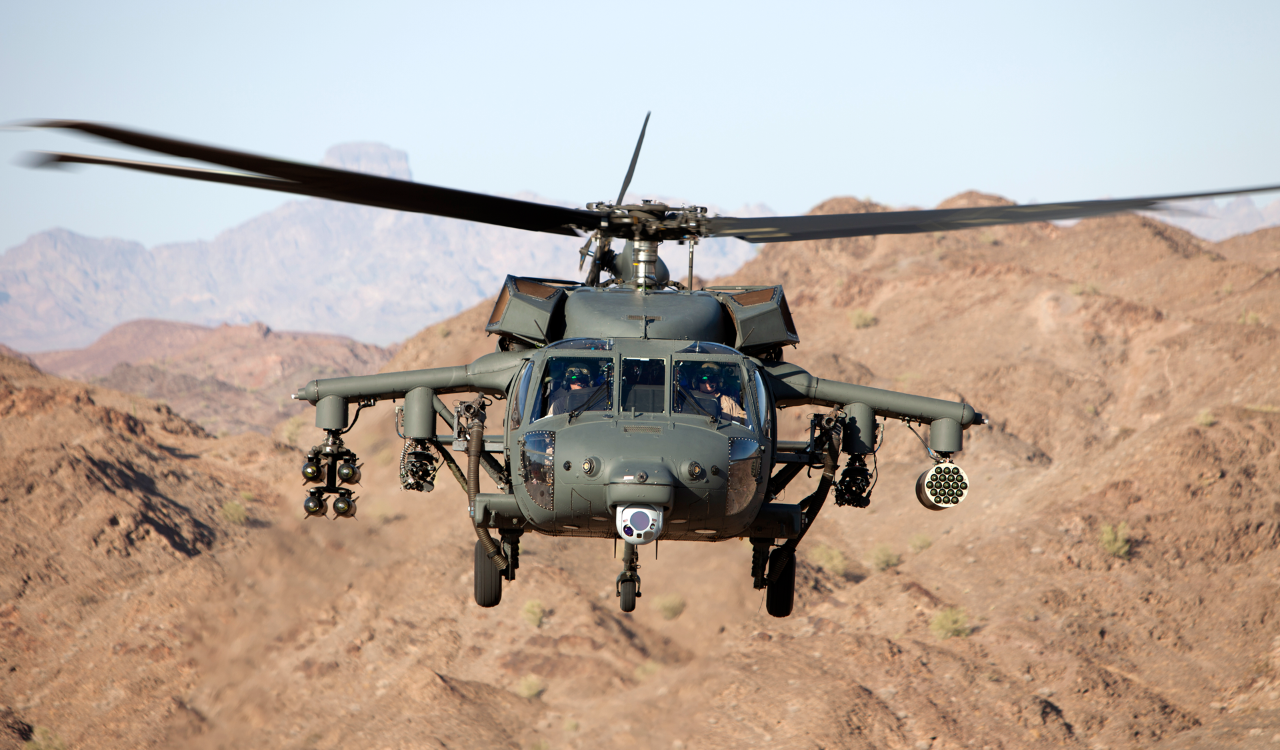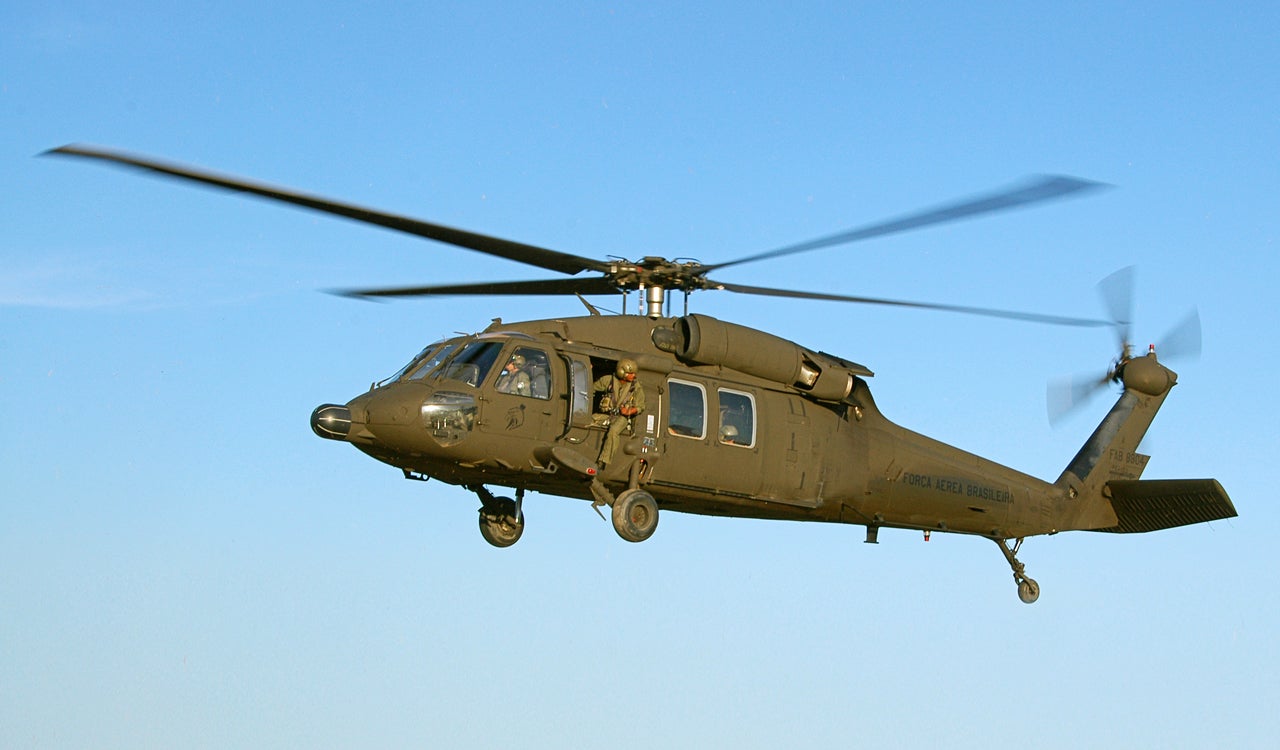UH 60 Black Hawk Helicopter Variations and Their Uses
UH 60 Black Hawk Helicopter Variations and Their Uses
Blog Article
The Impact of Sustainable Practices on the Future of Aircraft Procedures and Emissions Reduction
As the aeronautics market deals with increasing analysis over its ecological effect, the fostering of sustainable techniques becomes a crucial path towards future aircraft operations and discharges reduction. Innovations in sustainable aeronautics fuels and advancements in crossbreed propulsion innovations stand at the forefront of this change, encouraging considerable reductions in greenhouse gas discharges. The successful combination of these initiatives hinges on a selection of factors, consisting of regulatory structures and industry partnership. The question remains: exactly how will these advancing methods improve the characteristics of air traveling and add to a more sustainable future?

Summary of Sustainable Practices
Sustainable methods in airplane operations encompass a series of strategies aimed at reducing ecological influence while keeping functional performance. These methods are necessary in the aeronautics market's commitment to lessening its carbon impact and adhering to global environmental standards. Trick campaigns consist of maximizing flight paths to minimize fuel usage, boosting upkeep protocols to guarantee airplane run at peak effectiveness, and executing advanced technologies such as winglets and light-weight materials that improve the rules of aerodynamics.

Training and engaging personnel on sustainability techniques also play an important duty, promoting a society of ecological responsibility within companies. On the whole, the integration of these lasting practices not just assists minimize discharges but also improves the lasting viability of the aviation market, guaranteeing it fulfills the needs of both clients and regulatory bodies while contributing to international sustainability objectives.
Cutting-edge Gas Alternatives
Many ingenious fuel choices are arising as essential solutions to decrease the aviation sector's dependence on typical fossil gas. Among these options, Sustainable Air travel Fuels (SAFs) have gotten significant interest because of their prospective to reduce lifecycle greenhouse gas exhausts by approximately 80% contrasted to traditional jet fuels. SAFs are obtained from different feedstocks, including waste oils, agricultural residues, and even algae, making them a versatile option for the industry.
An additional promising alternative is hydrogen gas, which, when made use of in gas cells, produces just water vapor as a by-product. This zero-emission prospective presents a considerable opportunity for decarbonizing flight procedures, specifically for short-haul trips and local aircraft. Additionally, electric propulsion systems are being discovered, leveraging battery innovation to power airplane. While present battery capability limits variety and payload, recurring innovations might soon provide electrical flights viable for particular applications - uh 60.
Finally, biofuels originated from biomass are being checked out, supplying an eco-friendly alternative that can be blended with typical gas. Jointly, these ingenious fuel choices represent a critical action towards accomplishing a sustainable aviation ecological community, lining up with international discharges reduction targets and improving the industry's ecological stewardship.
Technological Improvements in Aeronautics

How can technical advancements improve the future of air travel? Innovations such as electric and hybrid propulsion systems are at the forefront, encouraging significant decreases in gas consumption and greenhouse gas exhausts.
Additionally, the execution of innovative materials, such as light-weight compounds, adds to enhanced aerodynamics and fuel performance. The usage of expert system and artificial intelligence in flight operations optimizes path planning and decreases gas melt by enabling real-time modifications based upon weather and web traffic conditions. In addition, the advancement of autonomous and remotely piloted aircraft systems stands to transform cargo and guest transportation, potentially boosting efficiency while lessening click here now human mistake.
Furthermore, lasting aeronautics technologies, including innovative air website traffic management systems, can reduce and streamline procedures blockage, leading to reduced exhausts throughout trip. These advancements collectively represent a paradigm shift in aviation, assuring a future where sustainability and functional performance are intertwined, thus supporting the industry's dedication to decreasing its ecological effect.

Regulative Framework and Compliance
Taking into account the expanding emphasis on ecological stewardship within the aeronautics field, the governing framework governing aircraft procedures is progressing to advertise lasting methods. Governing bodies, such as the International Civil Aeronautics Organization (ICAO) and various national aviation authorities, are introducing rigid standards targeted at lowering discharges and enhancing operational efficiency.
These regulations often read this article include the adoption of Lasting Aviation Gas (SAF), which has been acknowledged as a vital component in achieving lower carbon impacts. Moreover, compliance with these policies calls for airline companies to apply functional practices and advanced technologies, such as enhanced trip paths and enhanced air website traffic administration, to minimize gas usage.
Furthermore, the enforcement of discharges trading schemes and carbon countering campaigns is ending up being significantly widespread, engaging airlines to keep track of and report their discharges properly. Non-compliance can cause significant penalties, therefore pushing drivers to prioritize sustainability in their company designs.
Ultimately, the advancing regulatory landscape not just drives development and investment in eco-friendly modern technologies however likewise promotes a culture of liability within the air travel industry. As these structures remain to create, the emphasis on sustainable practices will certainly be essential to attaining the industry's long-term environmental goals.
Future Trends in Aircraft Procedures
As the aviation industry adapts to an increasingly rigorous regulative environment, future fads in airplane procedures are readied to focus on ingenious remedies that further enhance sustainability and efficiency - uh 60. Trick advancements will likely consist of the adoption of innovative air website traffic administration systems, which utilize real-time information and expert system to maximize trip courses, decreasing gas consumption and emissions
An additional significant pattern is the increased combination of sustainable air travel gas (SAFs) These alternatives to standard jet fuel, stemmed from renewable sources, can considerably reduce lifecycle greenhouse gas exhausts. The sector's dedication to SAFs will likely accelerate as airlines work together with fuel manufacturers to ensure availability read this article and cost-effectiveness.
Furthermore, the press in the direction of electrification and hybrid propulsion systems is getting momentum. Arising airplane layouts will certainly incorporate these technologies, supplying quieter and much more reliable operations, especially for short-haul trips.
Final Thought
The adoption of lasting air travel gas, combined with innovations in hybrid and electrical propulsion systems, is crucial for reducing lifecycle greenhouse gas exhausts. Enhancing trip paths and welcoming ingenious technologies contribute to a quieter and more environmentally pleasant aviation industry.
Technologies in sustainable aviation fuels and advancements in hybrid propulsion innovations stand at the forefront of this transformation, appealing considerable reductions in greenhouse gas exhausts.Many ingenious fuel choices are emerging as essential services to minimize the air travel industry's reliance on traditional fossil fuels - uh 60. Amongst these options, Sustainable Aviation Gas (SAFs) have gained considerable attention due to their potential to lower lifecycle greenhouse gas emissions by up to 80% contrasted to standard jet fuels.Another significant pattern is the increased assimilation of sustainable aviation fuels (SAFs) The adoption of lasting aeronautics gas, paired with innovations in electrical and hybrid propulsion systems, is important for minimizing lifecycle greenhouse gas exhausts
Report this page